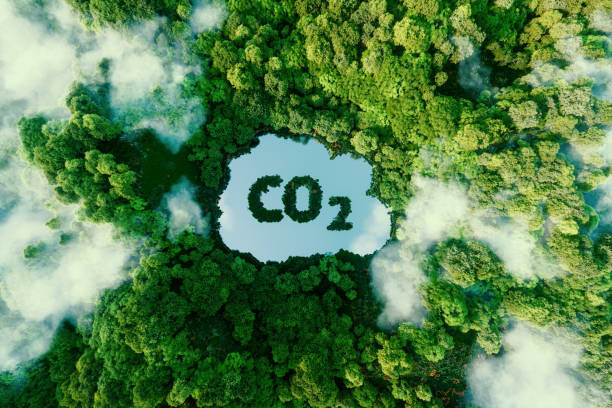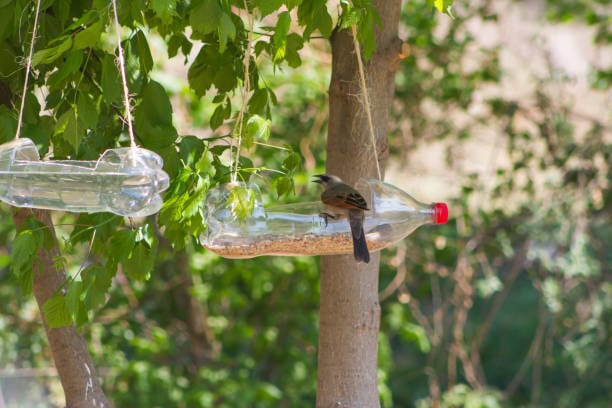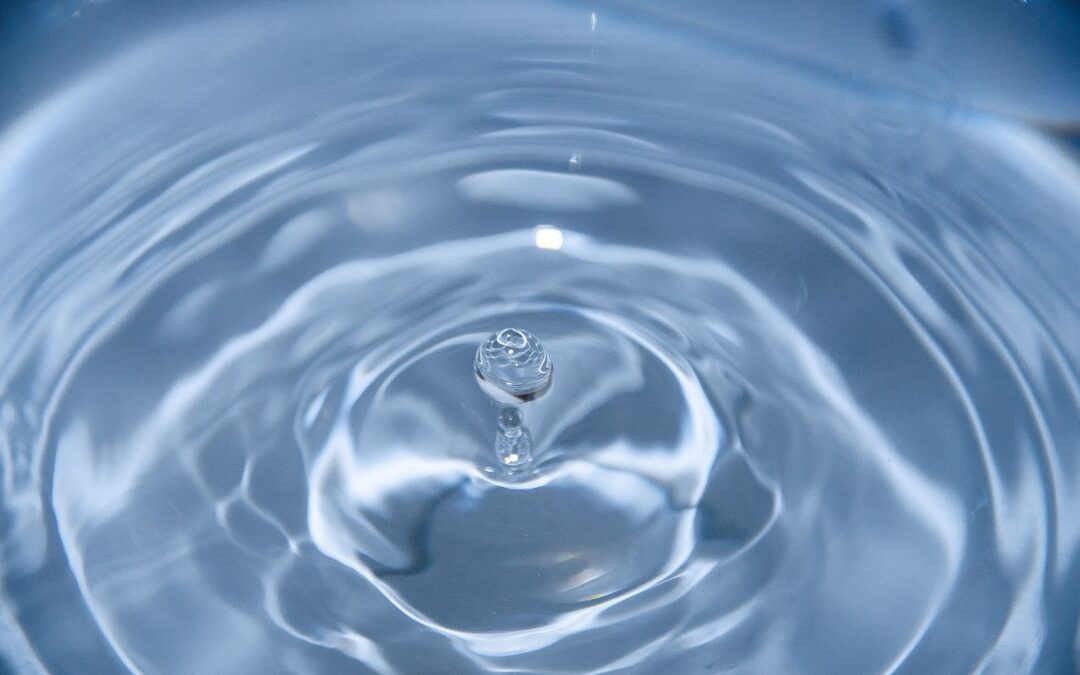Plastic water bottles are a ubiquitous presence in our daily lives. Whether we’re running errands, working out at the gym, or simply staying hydrated throughout the day, it’s easy to accumulate a large number of plastic bottles. Unfortunately, these bottles are also a significant contributor to waste and pollution.
That’s why it’s so important to recycle plastic water bottles properly.
In this article, we, at CPAPwater provide a step-by-step guide to recycling plastic water bottles. We’ll explain how to empty and rinse the bottle, check the recycling symbol and number, remove the cap and label, crush or flatten the bottle, and put it in the plastic recycling bin. We’ll also discuss the benefits of recycling plastic bottles, such as reducing greenhouse gas emissions and conserving natural resources.
Of course, recycling isn’t always easy. There are common challenges associated with recycling plastic bottles, such as contamination and difficulty processing certain types of plastic. That’s why we’ll also offer potential solutions or suggestions for how consumers can help overcome these challenges.
We’ll even provide some creative ideas for upcycling plastic bottles, such as DIY projects like bird feeders and planters. By working together, we can all do our part to reduce waste and protect the environment.
Step-By-Step Guide To Recycling Plastic Water Bottles
Plastic waste is a major environmental concern, and plastic bottles are one of the most commonly found items in landfills and oceans. One way to reduce plastic waste is by recycling plastic water bottles.
Here’s a step-by-step guide to help you properly recycle your plastic bottles:
Step 1: Empty And Rinse The Bottle
The first step in recycling plastic water bottles is to empty any remaining liquid from the bottle. This ensures that the bottle does not contaminate other materials in your recycling bin. After emptying the bottle, rinse it thoroughly with water to remove any remaining residue or particles. If the bottle still has a strong odor, you can also use a small amount of dish soap to clean it.
Step 2: Check The Recycling Symbol And Number
The recycling symbol is a triangle made up of three arrows that form a loop. The symbol is typically located on the bottom of plastic water bottles. Inside the loop, there is a number that identifies the type of plastic the bottle is made from.
This number is important because not all plastics are recycled in the same way. Polyethylene terephthalate (PET) is the most common type of plastic used for water bottles and is widely accepted by most recycling programs, but whilst there are brands which are making their bottles entirely from recycled PET, individual PET bottles cannot be recycled forever.
Step 3: Remove The Cap And Label
Before recycling, be sure to remove the cap and any labels from the bottle. Caps are often made from a different type of plastic and may not be accepted by your local recycling program. Labels may also cause issues during the recycling process, so it’s important to remove them as well.
If the label is difficult to remove, soak the bottle in warm water and soap to loosen the adhesive.
Step 4: Crush Or Flatten The Bottles
To save space in your recycling bin, you can crush or flatten the recycle water bottles. This will also help the recycling process by making it easier to sort and transport. If you have a lot of plastic bottles to recycle, consider investing in a can crusher or bottle flattener to make the process easier.
Step 5: Put The Bottle In The Recycling Bin
Finally, place the plastic water bottle in your recycling bin. Make sure that it is not contaminated with any other materials, such as food or liquid, as this can make the recycling process more difficult.
Recycled plastic can be used to create new plastic bottles, as well as other products such as plastic film, grocery bags, and milk jugs. Remember to check with your local recycling program for any specific guidelines or regulations on recycling plastic bottles.
Benefits Of Recycling Plastic Water Bottles

Incorporating eco-friendly practices, such as choosing to recycle plastic water bottles, plays a crucial role in reducing plastic waste and conserving natural resources. This simple yet effective action helps mitigate the environmental impact of single-use plastics.
Here are some environmental benefits of recycling plastic bottles:
- Reducing Greenhouse Gas Emissions
When plastic bottles are recycled, they are melted down and turned into new plastic products, which uses less energy than producing new plastic from scratch. This results in lower greenhouse gas emissions and a smaller carbon footprint.
- Conserving Natural Resources
Recycling plastic water bottles reduces the need for virgin plastic, which is made from petroleum or natural gas. By using recycled plastic instead of virgin plastic, we can conserve these finite resources and reduce our reliance on nonrenewable energy sources.
- Decreasing Landfill Waste
Plastic bottles take a long time to decompose, and when they end up in landfills, they can release harmful chemicals into the soil and water. Recycling plastic bottles helps divert them from landfills and reduces the amount of waste that ends up polluting the environment.
- Saving Energy
Producing new plastic products requires a significant amount of energy. By recycling plastic water bottles, we can save energy and reduce our reliance on fossil fuels.
- Creating New Products
Recycled plastic can be used to make a variety of new products, such as new plastic bottles, plastic film, grocery bags, and milk jugs. This helps reduce the demand for new plastic products and reduces the environmental impact of plastic production.
By recycling plastic water bottles, we can make a positive impact on the environment and promote sustainable water consumption. It’s important to properly recycle plastic bottles to ensure that they are processed correctly and do not contaminate other materials in the recycling stream.
Challenges And Solutions For Recycling Plastic Water Bottles
Recycling plastic water bottles is not without its challenges. Here are some common challenges associated with recycling plastic bottles, along with potential solutions:
- Contamination
One of the biggest challenges with recycling plastic bottles is contamination. When plastic bottles are not properly rinsed or still contain liquid, they can contaminate other recyclable materials in the bin. This can lead to entire batches of recyclables being rejected and sent to the landfill. The solution is to always rinse out plastic water bottles before recycling them and to ensure that they are completely empty.
- Difficulty Processing Certain Types Of Plastic
While polyethylene terephthalate (PET) is widely accepted by most recycling programs, other types of plastic may not be as easy to recycle. For example, plastic containers made from polypropylene (PP) or high-density polyethylene (HDPE) may not be accepted by all recycling programs. The solution is to check with your local recycling program to see what types of plastic are accepted and to recycle only those types.
- Low Recycling Rates
Despite the environmental benefits of recycling plastic water bottles, many people still do not recycle them. This can lead to a significant amount of plastic waste in landfills and oceans. The solution is to educate consumers about the importance of recycling and to make recycling more convenient by placing recycling bins in public places, such as parks and beaches.
- Lack Of Proper Waste Management Infrastructure
In some areas, there may not be enough recycling facilities or processing facilities to handle the volume of plastic waste. The solution is to advocate for better waste management infrastructure and to support initiatives that promote sustainable waste management practices.
Creative Ways To Upcycle Plastic Water Bottles

Plastic water bottles are a common household item that can be easily upcycled into fun and creative DIY projects. Here are some examples of DIY projects that use recycled plastic bottles:
- Bird feeder: Cut a plastic bottle in half, poke holes in the sides, and add a string or wire to hang it from a tree. Fill the bottom half with birdseed and watch as birds flock to your new feeder.
- Planter: Cut the top off a plastic water bottle, fill it with soil, and add a small plant or herb. You can even make a hanging planter by attaching string or wire to the bottle.
- Piggy bank: Cut a small slot in the top of a plastic bottle, decorate it with paint or stickers, and use it as a fun and easy way to save loose change.
- Pencil holder: Cut a plastic bottle in half, decorate it with colorful tape or paper, and use it to store pencils or other small office supplies.
- Watering can: Poke holes in the top of a plastic water bottle, fill it with water, and use it to water your plants.
These DIY ideas use plastic water bottles to decrease waste and repurpose a throwaway item. Don’t toss away your empty plastic water bottles—get creative and build something useful!
Conclusion
Recycling plastic water bottles is an important step towards reducing waste and conserving natural resources. Following a step-by-step strategy to recycle plastic bottles reduces contamination and ensures appropriate processing. Recycling plastic bottles reduces greenhouse gas emissions, conserves natural resources, reduces landfill waste, saves energy, and creates new products.
Despite the challenges, such as contamination and the difficulty of processing certain types of plastic, understanding how to recycle plastic water bottles correctly can lead to potential solutions. Moreover, upcycling plastic bottles into fun and creative DIY projects can significantly reduce waste and provide these items with a new purpose.
Together, we can make a positive impact on the environment and promote sustainability by taking such actionable steps. Thanks for contributing to a healthier planet by recycling your plastic water bottles!
Let us know your thoughts about this article!



